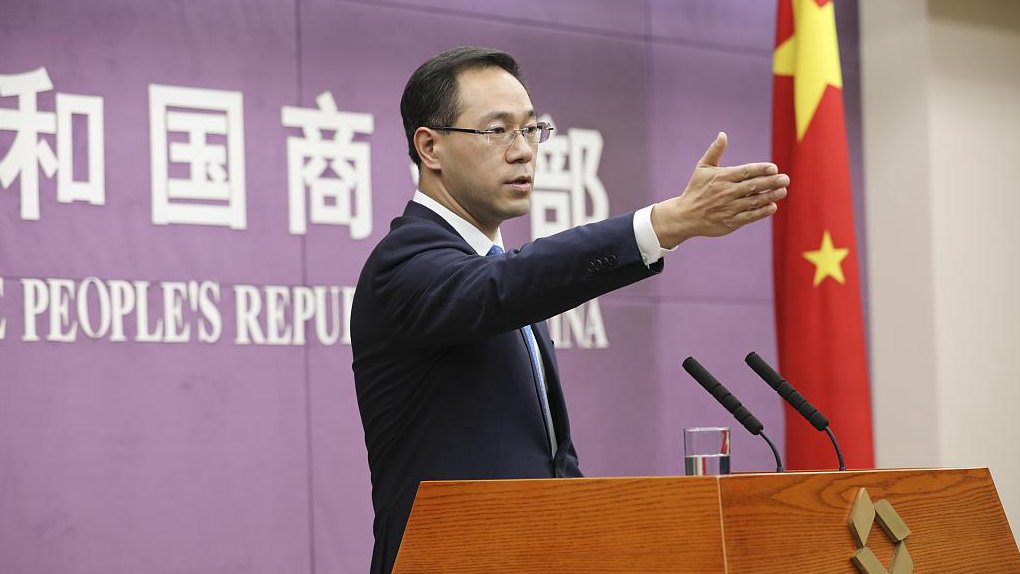Ok.
I'll address this.
The DF-31 has an 8000km range, which can only cover part of the USA.
The DF-31A is mostly silo based, so is too vulnerable.
Remember that a nuclear deterrent has to be survivable, for at least a few weeks of conventional warfare.
The DF-5 are also silo based.
That leaves the other DF-31 variants (say 24) with say 3 MIRVs each.
Plus I would say that the DF-41 is just? operational
That is why I say China doesn't have a large enough conventional deterrent yet to really deter.
You still have US Navy admirals saying that they can win a nuclear exchange with China.
That is the view that needs to change.
I'll address this.
The DF-31 has an 8000km range, which can only cover part of the USA.
The DF-31A is mostly silo based, so is too vulnerable.
Remember that a nuclear deterrent has to be survivable, for at least a few weeks of conventional warfare.
The DF-5 are also silo based.
That leaves the other DF-31 variants (say 24) with say 3 MIRVs each.
Plus I would say that the DF-41 is just? operational
That is why I say China doesn't have a large enough conventional deterrent yet to really deter.
You still have US Navy admirals saying that they can win a nuclear exchange with China.
That is the view that needs to change.
you seem forget that China has another ICBM types that can reach the US .. DF-31A and DF-31B/G .. all US continent is within these ICBM and China has about 60 of them already and all are MIRV with decoys and BeiDou guidance system and old Inertial ... it is quite a deterrent obviously
and of course "old but powerful" 20-30 DF-5A/B and already in service of about 12-16 DF-41 and growing with of course MIRV

